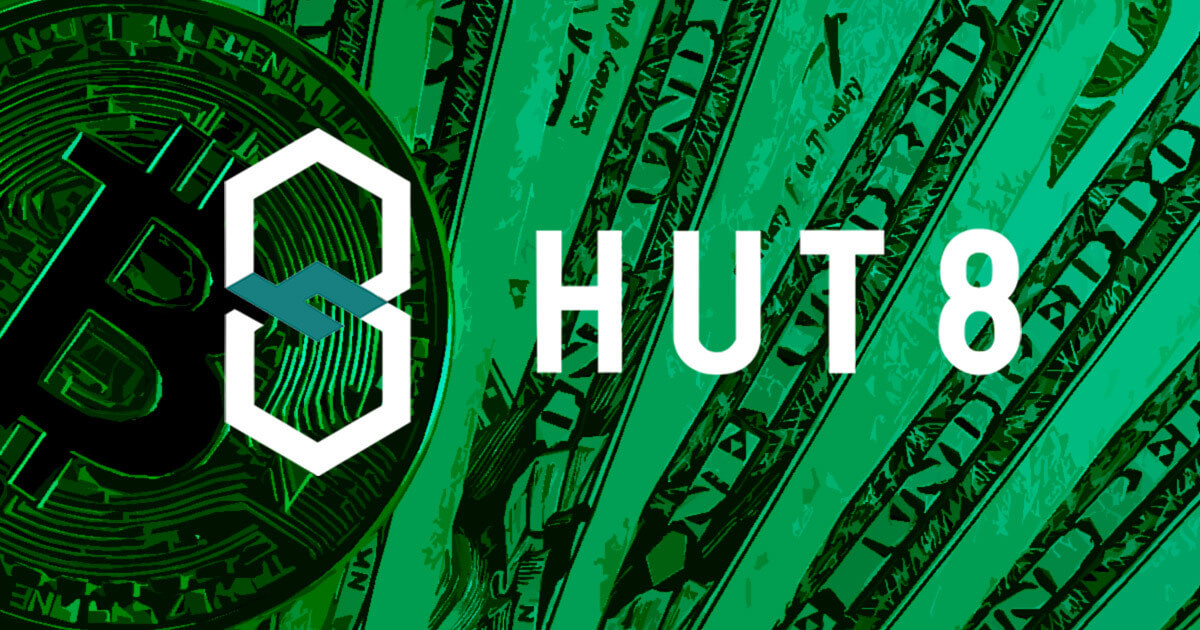Hut 8 has issued a reply to a document critiquing the combining of USBTC and its other operations. Hut 8 responds to report criticizing USBTC merger and other activities

In a statement issued in January, the cryptocurrency mining company Hut 8 addressed a critical report that had been released recently. The mining firm stated: Hut 193 Corp acknowledges a brief publication from J Capital Research, a group that openly identifies as having a vested interest and acknowledges that its members stand to gain financially from a company’s stock price falling. The report from J Capital partly disapproved of Hut 8’s latest consolidation with U.S. Bitcoin Corp (USBTC). The statement implied that the accord was the consequence of an unsuccessful merger attempt during which there were no other interested merger candidates for either firm. In reply, without specifically referencing that part of the report, Hut 8 declared that its directors have faith in the equal-status consolidation. Hut 8 has expressed trust in the firm’s financial stability and prospects for prosperity. While the company did not respond to other aspects of J Capital’s publication, Hut 8 indicated it is currently examining the piece and intends to offer additional details if necessary. J Capital’s initial document accused the company of shady dealings, such as having an “unrevealed affiliated entity, a consortium of stock promoters, and a collection of valueless assets.” J Capital made accusations linking USBTC predominantly, and not so much Hut 8, with associations to two groups known for promoting stocks: the Honig group and the DesLauriers siblings. The report also indicated a pattern of corrupt practices linked to an executive who transitioned from USBTC to Hut 8. According to J Capital, USBTC’s principal investment—a section of a Texan mining operation acquired from the insolvent Compute North—has not met the power and network requirements essential for cryptocurrency mining. J Capital argued that had USBTC not merged, it would likely have gone through a formal bankruptcy process, and claimed that USBTC’s actual worth could be as much as 70% lower than what is currently assumed.

